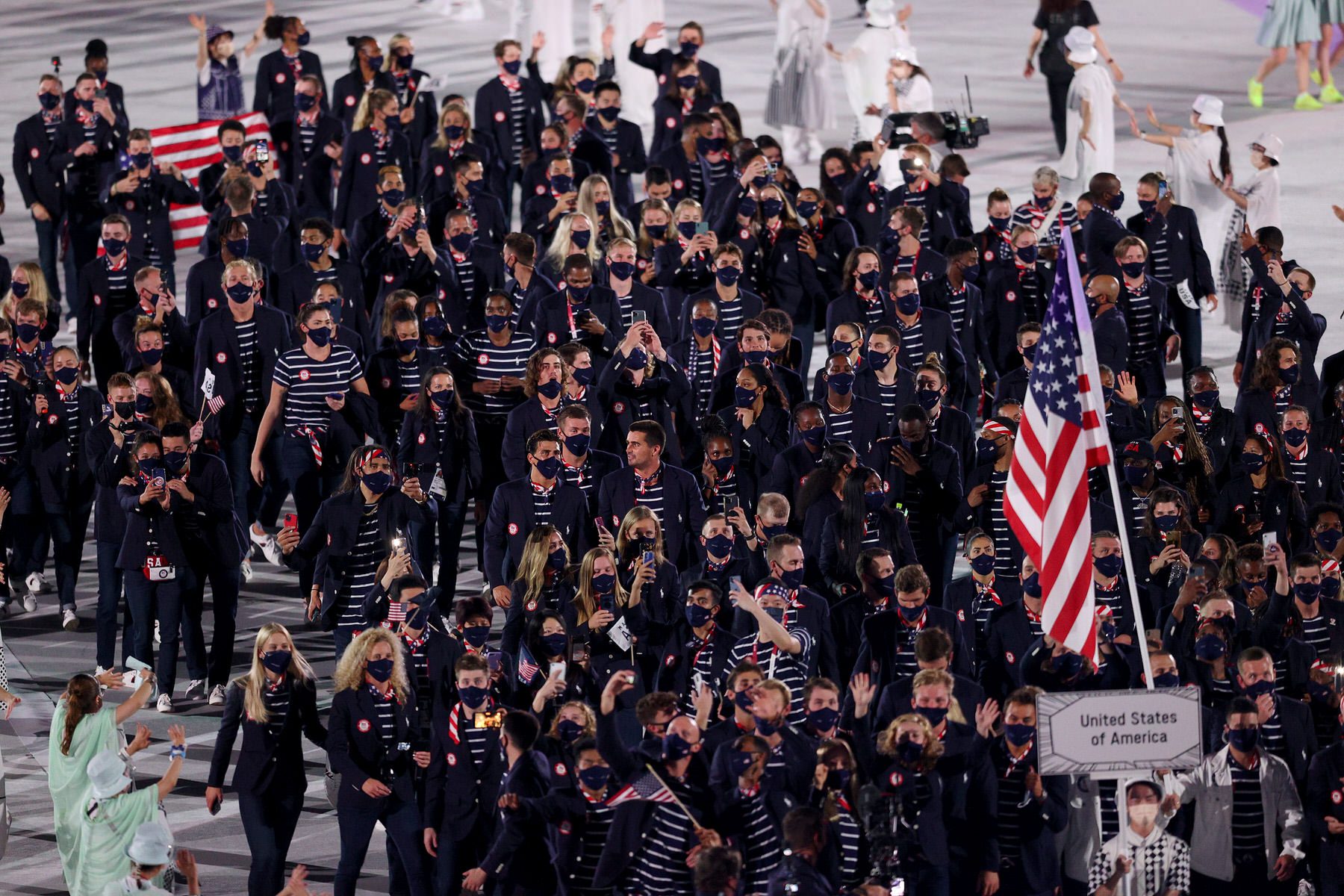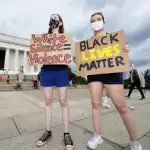This column originally ran in The 19th’s weekly newsletter. Subscribe here.
If there was ever a way for me to shove down creeping feelings about the immorality of the Olympics, it disappeared for Tokyo.
The pandemic laid the flaws of the would-be 2020 Olympics in full view. Strict protocols around COVID-19 didn’t take into account nursing parents, leaving athletes to put out public pleas to be able to bring their children. And even when that vague guidance was issued, it was still too cumbersome for at least one mother.
Reporters on scene for the Opening Ceremony said that at certain moments, the nearly crowdless stadium — another COVID precaution — was so quiet that they could hear protesters outside of Olympic Stadium. For months, public polls have shown that many Japanese are concerned about the Games forging ahead despite low COVID vaccination rates in Tokyo.
And, outside of the pandemic, other pressing concerns have reached a boiling point: The sports world’s failure to protect or even take into account the mental health of Black women athletes; the persistent and stubborn sexism of silly things like uniforms.
Heading into this year’s Games, it felt like too much to face. What was there to celebrate? And yet, as I watched the Parade of Nations on Friday — athletes filing in, waving to thousands of empty seats — I was immediately drawn back in.
The Argentina delegation came in jumping up and down with unabashed joy. The 29 members of the second-ever Olympic Refugee Team, united by displacement, had tripled in size from its Olympic debut in 2016. Mongolia’s first woman flag-bearer, Khulan Onolbaatar, proudly waved her country’s colors.
They filed in, country by country, and tears came to my eyes.
As I was overcome with unexpected emotion, I had not forgotten about the debt that countries go into building infrastructure for the Games while their people suffer. I had not forgotten that countries with scores of documented human rights violations are still given the honor of hosting the Olympics. I had not forgotten that the International Olympic Committee is willing to flout public health concerns and press forward.
All of that was still there — I was not inured to any of it. But the Opening Ceremonies reminded me that it’s the people, not the Games, that I love.
I am cheering for Naomi Osaka, hoping that she is able to center herself and her mental health as she plays the sport she loves. I am cheering for Quinn, Laurel Hubbard and Chelsea Wolfe, who are making history as transgender athletes even as the Games struggle to confront its future in the role of gender. I’m cheering for Allyson Felix, who is challenging the perception of sports and motherhood.
And, of course, I am cheering for Simone Biles. Because who can resist cheering for Simone Biles?
As we kick off another Olympic Games, we don’t have to turn a blind eye to the inherent flaws within them. But we can acknowledge them while lifting up the athletes who have poured their entire selves into their crafts, who have fought and scrapped for their places in a world that often seems stacked against them. That’s who I’m cheering for.





